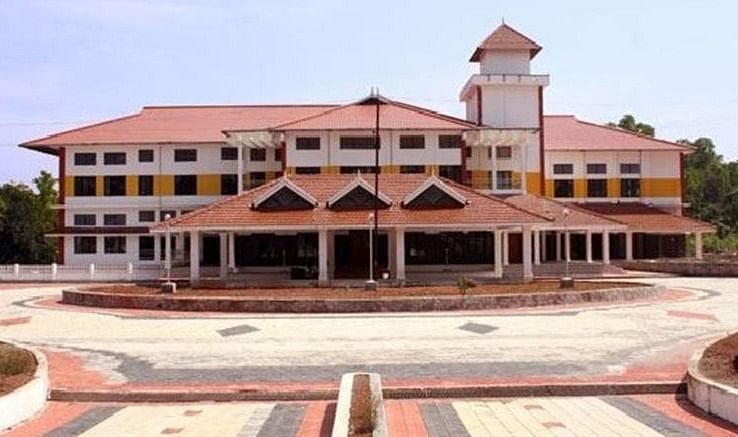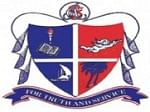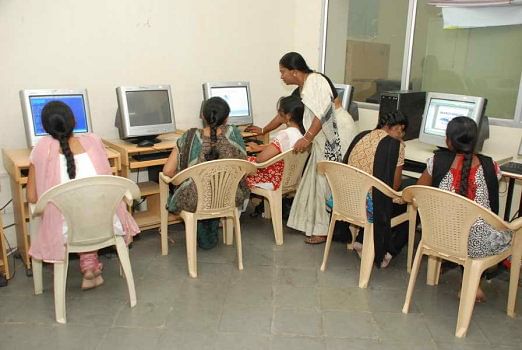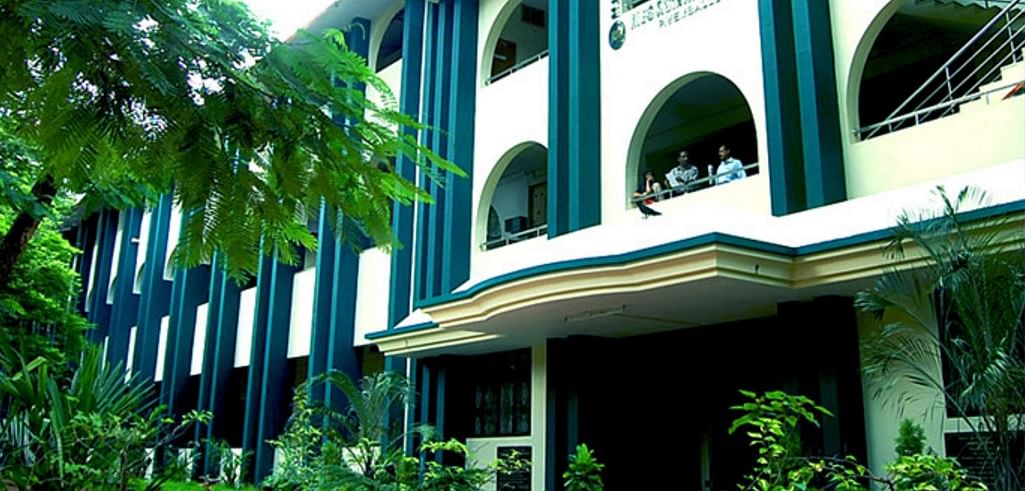B.Sc Aquaculture Syllabus and Subjects

The B.Sc Aquaculture syllabus is structured so that candidates can gain academic and practical experience in science over three years. The important subjects for the students include Microbial Biotechnology, Immunology, Vertebrate Biology, Freshwater Aquaculture, etc.
B.Sc Aquaculture Semester Wise Syllabus
The B.Sc Aquaculture course guarantees that students are well-versed in all of the domain's major features. The syllabus for the B.Sc Aquaculture programme is listed below by semester, which varies depending on the college, although the basic course structure remains the same.
The framework of the B.Sc Aquaculture course allows students to progress from a basic to an advanced level of understanding.
B.Sc Aquaculture First Year Syllabus
The table below contains the list of B.Sc Aquaculture subjects in the first year:
| Semester I | Semester II |
| Invertebrate & Protochordate Biology | Computational and Analytical methods in Aquaculture-II |
| Practical I - Covering the Core Courses I & III | Freshwater Aquaculture |
| Biochemistry for Aquaculture I | Farm management and Water qualities studies |
| Practical | Microbial Infections, Disease Diagnosis and Control measures |
| Practical I-Covering the Core Courses I & III | Post-harvest Technology |
| Vertebrate Biology | Practical III covers the core courses VII, VIII & IX |
| Practical | Microbial Biotechnology |
| Biochemistry for Aquaculture II | Fish Nutrition and Feed Management |
B.Sc Aquaculture Second Year Syllabus
The table below contains the list of B.Sc Aquaculture subjects in the second year:
| Semester III | Semester IV |
| An Introduction to Genera; Biology and Physiology of Cultivable species. | Fishing Gears and Crafts |
| Practical II-Covering the Core Courses IV & VI | Practical IV–Covering the Core Courses XI & XII |
| Computational and Analytical methods in Aquaculture I | Immunology |
| Practical | Aquaculture Biotechnology |
| Ornamental Fish-culture | Farm Engineering and Aquaculture techniques |
| Practical II–Covering the Core Courses IV & VI | Practical |
B.Sc Aquaculture Third Year Syllabus
The table below contains the list of B.Sc Aquaculture subjects in the third year:
| Semester V | Semester VI |
| Computational and Analytical methods in Aquaculture-II | Microbial Biotechnology |
| Freshwater Aquaculture | Fish Nutrition and Feed Management |
| Farm management and Water qualities studies | Fishing Gears and Crafts |
| Microbial Infections, Disease Diagnosis and Control measures | Practical IV–Covering the Core Courses XI & XII |
| Post-harvest Technology | Immunology |
| Practical III covers the core courses VII, VIII & IX | Aquaculture Biotechnology |
B.Sc Aquaculture Subjects
B.Sc Aquaculture subjects are dependent on the university and the college that the aspirants decide to choose. B.Sc Aquaculture subjects are decided based on the core topics in the marine ecosystem and other important topics from an overall knowledge development perspective.
In B.Sc Aquaculture, there are two types of subjects: core and lab. Students in aquaculture must complete lab work, practicals, and workshops to determine their expertise in the topic and potential professional ambitions.
Core Subjects
The following are some of the core B.Sc Aquaculture subjects:
- An Introduction to Genera; Biology and Physiology of Cultivable species.
- Fishing Gears and Crafts
- Freshwater Aquaculture
- Fish Nutrition and Feed Management
- Post-harvest Technology
- Aquaculture Biotechnology
Laboratory Subjects
Listed are the few lab-related lab subjects for B.Sc Aquaculture:
- Microbial Biotechnology
- Ornamental Fish-Culture
- Biochemistry For Aquaculture I
- Farm Management And Water Qualities Studies
B.Sc Aquaculture Course Structure
The B.Sc Aquaculture course structure consists of both core and lab subjects. The course lasts for 3 years consisting of 6 semesters in total. The course structure is:
- VI Semesters
- Core Subjects
- Lab Subjects
- Internship
- Projects
B.Sc Aquaculture Teaching Methodology and Techniques
B.Sc Aquaculture is traditional and confined, unlike teaching methods. Aspirants are trained in labs to understand the marine ecosystem through experiments better. Group learning is practised to understand practical knowledge and work skills better. This encourages students to learn about creativity, perception, and cooperation. The teaching and techniques of B.Sc Aquaculture are as follows:
- Lectures
- Workshops
- Practicals
- Tutorials
- Group Discussions
- Seminars
B.Sc Aquaculture Course Projects
When pursuing a B.Sc Aquaculture course, research projects are an integral part of the studies. Professors grade these projects to determine the student's comprehension of the subjects.
Students can select project subjects depending on their areas of interest and the field they plan to pursue after completing the course. The following are some of the most popular B.Sc Aquaculture programmes:
- Effect Of Adoption Of Standard Management Practices On Field Of Rural Fish Farmers
- Impact Of Climate Change On Fisheries And Aquaculture
- Comparative Study Of The Growth Performance Of Commercial Fish Feeds
- The Potentials Of Aquaculture Development In Fishing Communities
- Effects of Pollution on Fish Production
B.Sc Aquaculture Course Books
Books can be a great purchase for students seeking a B.Sc Aquaculture because they can truly assist them in learning about their specialization in depth. Students can use books as a source of knowledge to learn more about topics they are interested in.
Students can borrow reference books from libraries, get them from the internet, or buy them. The following are some of the most popular B.Sc Aquaculture books that students can purchase:
| Name of Book | Author |
| A textbook on Fish biology and fisheries | H.R. Singh |
| Aquaculture: Farming aquatic animals | Olando Martin |
| Aquaculture Principles and Practices | TVR Pillay & MN Kutty |
| Aquaculture Ecosystem: Adaptability and sustainability | Rossita Shapawi |


















